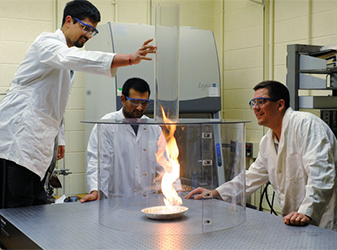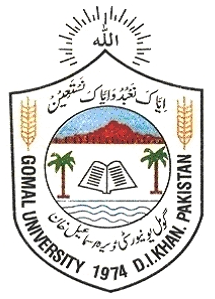Deportment of Biology
Introduction of Deportment
Your Text Here. Your Text Here. Your Text Here. Your Text Here. Your Text Here. Your Text Here. Your Text Here. Your Text Here. Your Text Here. Your Text Here. Your Text Here. Your Text Here. Your Text Here. Your Text Here. Your Text Here. Your Text Here. Your Text Here. Your Text Here. Your Text Here. Your Text Here. Your Text Here. Your Text Here. Your Text Here. Your Text Here. Your Text Here. Your Text Here. Your Text Here. Your Text Here. Your Text Here. Your Text Here. Your Text Here. Your Text Here. Your Text Here. Your Text Here. Your Text Here. Your Text Here. Your Text Here. Your Text Here. Your Text Here. Your Text Here. Your Text Here. Your Text Here. Your Text Here. Your Text Here. Your Text Here. Your Text Here. Your Text Here. Your Text Here. Your Text Here. Your Text Here. Your Text Here. Your Text Here. Your Text Here. Your Text Here. Your Text Here. Your Text Here. Your Text Here. Your Text Here. Your Text Here. Your Text Here. Your Text Here. Your Text Here. Your Text Here. Your Text Here. Your Text Here. Your Text Here. Your Text Here. Your Text Here. Your Text Here. Your Text Here. Your Text Here. Your Text Here. Your Text Here. Your Text Here. Your Text Here. Your Text Here. Your Text Here. Your Text Here. Your Text Here. Your Text Here. Your Text Here. Your Text Here. Your Text Here. Your Text Here.
Mission
- Your Text Here. Your Text Here. Your Text Here. Your Text Here. Your Text Here. Your Text Here. Your Text Here. Your Text Here. Your Text Here. Your Text Here.
- Your Text Here. Your Text Here. Your Text Here. Your Text Here. Your Text Here. Your Text Here. Your Text Here. Your Text Here. Your Text Here. Your Text Here.
- Your Text Here. Your Text Here. Your Text Here. Your Text Here. Your Text Here. Your Text Here. Your Text Here. Your Text Here. Your Text Here. Your Text Here.
- Your Text Here. Your Text Here. Your Text Here. Your Text Here. Your Text Here. Your Text Here. Your Text Here. Your Text Here. Your Text Here. Your Text Here.
- Your Text Here. Your Text Here. Your Text Here. Your Text Here. Your Text Here. Your Text Here. Your Text Here. Your Text Here. Your Text Here. Your Text Here.
Objective
- Your Text Here. Your Text Here. Your Text Here. Your Text Here. Your Text Here. Your Text Here. Your Text Here. Your Text Here. Your Text Here. Your Text Here.
- Your Text Here. Your Text Here. Your Text Here. Your Text Here. Your Text Here. Your Text Here. Your Text Here. Your Text Here. Your Text Here. Your Text Here.
- Your Text Here. Your Text Here. Your Text Here. Your Text Here. Your Text Here. Your Text Here. Your Text Here. Your Text Here. Your Text Here. Your Text Here.
- Your Text Here. Your Text Here. Your Text Here. Your Text Here. Your Text Here. Your Text Here. Your Text Here. Your Text Here. Your Text Here. Your Text Here.
- Your Text Here. Your Text Here. Your Text Here. Your Text Here. Your Text Here. Your Text Here. Your Text Here. Your Text Here. Your Text Here. Your Text Here.
- Your Text Here. Your Text Here. Your Text Here. Your Text Here. Your Text Here. Your Text Here. Your Text Here. Your Text Here. Your Text Here. Your Text Here.
Programs

B. S. Physics
Bachelor of Science in Physics Staff Members Research & Publications Programs & Courses Introduction The aim of the BS Physics program is to equip students with essential skills necessary for



